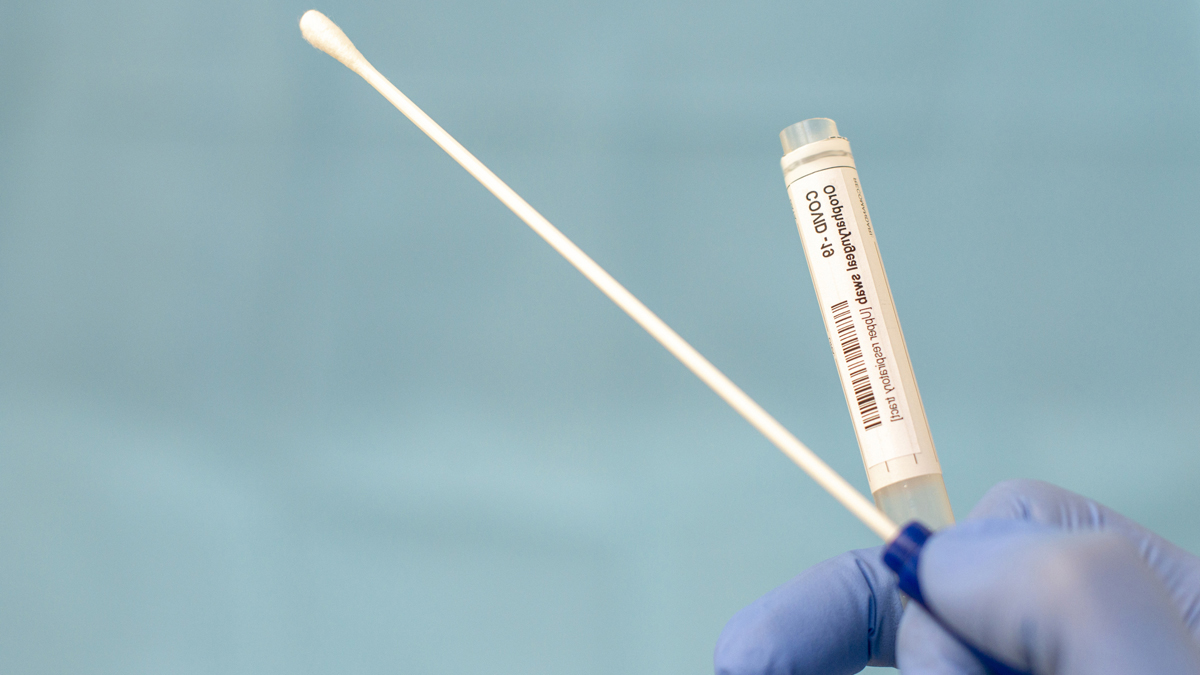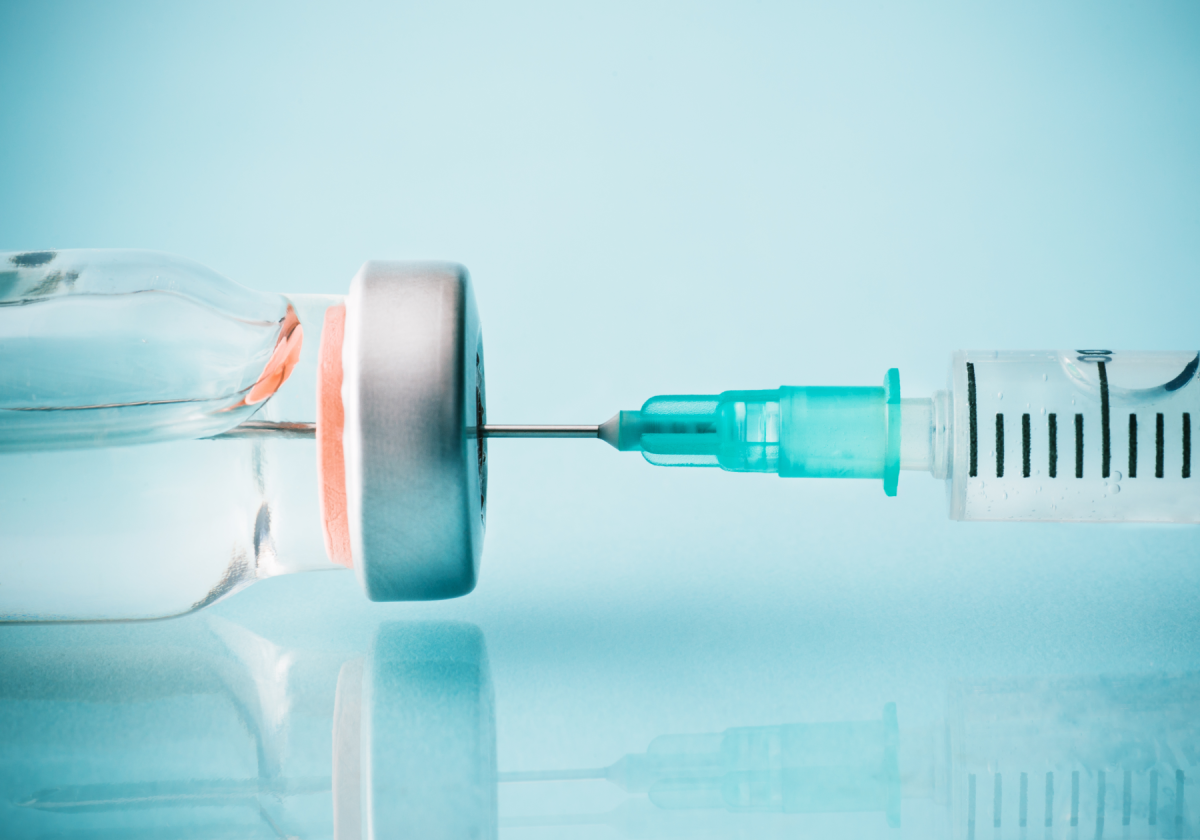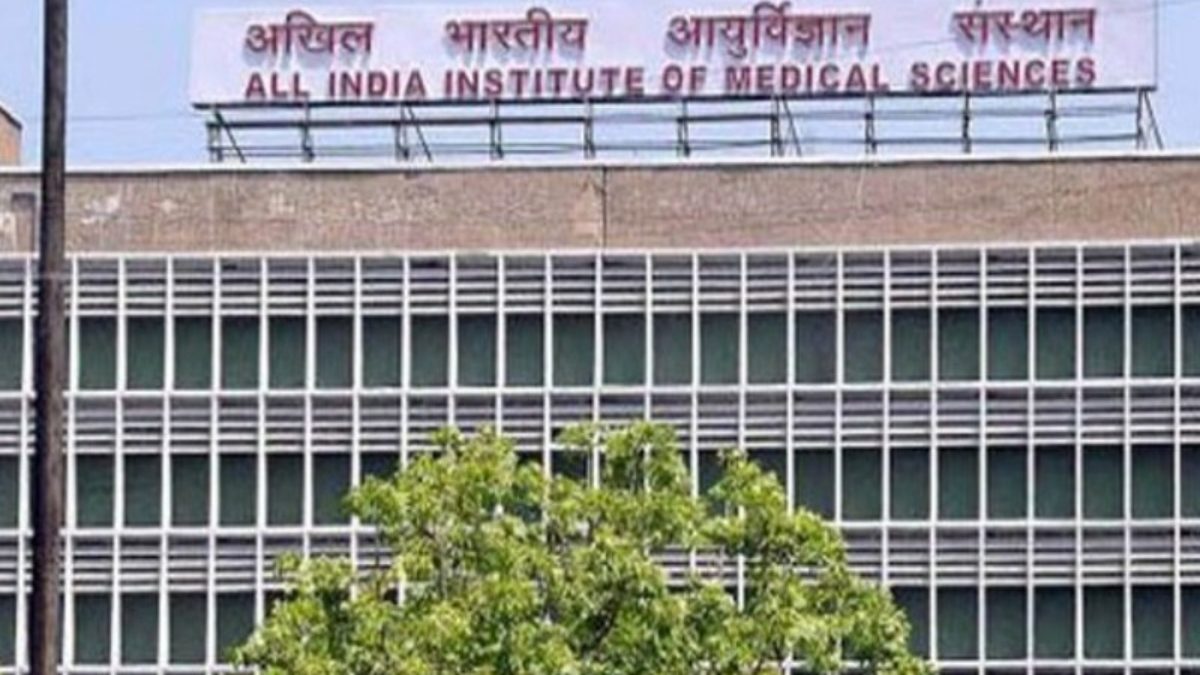covid
Covid-19 a reminder human, animal health interconnected: Harsh Vardhan
Dr Harsh Vardhan, talking how human health could not be seen in isolation anymore, stressed on the need of ‘One Health’ approach, especially during COVID. He announced the creation of an Eco-Health initiative for India which will be supported by National Institute of One Health.
He elucidated that 64 per cent of all infectious diseases which have emerged between 1973 and 1994 had aetiology which was zoonotic in nature. While talking about zoonotic viruses, Harsh Vardhan said India is one of the four global hotspots for the emergence of zoonotic diseases and added that “we are struggling even after 15 months”.
With increased interaction b/w humans&animals, human health can't be seen in isolation, & #COVID19 is more than a reminder. "One Health" approach recognizes that people's health is closely connected with animals' health: Union Health Minister Dr Harsh Vardhan at ICMR's symposium pic.twitter.com/qk3r8hamPI
— ANI (@ANI) April 12, 2021
Crowd gathers at Nalasopara hospitals after death of 9 Covid patients
In an unfortunate incident, nine patients died on Monday in two different hospitals at Nalasopara in Palghar district of Maharashtra.
A large crowd gathered at the hospitals as the rumor spread that the cause of their death was shortage of medical oxygen, said a police official.
The situation was closely monitored by senior police inspectors of Tulinj and Nallasopara police stations and senior officers, he added.
“It’s only hospital accepting critical patients in the area. Those patients died either due to their age or co-morbidities,” said a doctor from from one of the two hospitals.
14 private hospitals in Delhi declare fully Covid-care centres, no Non-Covid case will be accepted here
In the view of the alarming surge of coronavirus cases in the national capital, the Delhi government on Monday has declared at least 14 big private hospitals as fully Covid-care centres on Monday. The decision was announced hours after the Delhi Chief Minister Arvind Kejriwal chaired an emergency meeting in view of Covid-19 situation in the capital today
Those hospitals which are declared as fully Covid hospitals include Indraprastha Apollo Hospital, Sir Ganga Ram, Holy Family, Maharaja Agarsen Hospital (Punjabi Bagh), Max Hospital (Shalimar Bagh), Fortis Hospital (Shalimar Bagh), Venkateshwar Hospital, Sri Balaji Action Medical Institute, Jaipur Golden Hospital, Mata Chanan Devi Hospital, Pushpawati Singhania Research Institute, Manipal Hospital and Saroj Super Specialty Hospital.
The Delhi Government has also directed that all these hospitals declared as fully Covid hospitals will not admit any non-Covid patients till further order.
“In order to augment the bed capacity for Cvod-19 patients in view of unprecedented surge of coronavirus cases in past few days, 14 private hospitals are declared as full Covid hospitals and are directed that henceforth these hospitals shall not admit any non-Covid medical/ surgical patients till further order,” an order issued by the Delhi government reads.
Nitin Gadhkari directs Nagpur DC to distribute Remdesivir to other districts of Vidarbha
Union Minister Nitin Gadkari on Monday directed Nagpur District Collector Ravindra Thackeray to distribute Remdesivir injections received through Mylan India and Sun Pharma to other districts of Vidarbha in Maharashtra, reports ANI.
Gadhkari’s office informed that the minister has directed to distribute Remdesivir injections received through Mylan India and Sun Pharma to other districts of Vidarbha as well.
ANI further reports that all domestic manufacturers of Remdesivir have been advised to display on their website, details of their stocklists/distributors to facilitate access to the drug. The drug inspectors and other officers have been directed to verify stocks and check their malpractices and also take other effective actions to curb hoarding and black marketing. The State Health Secretaries will review this with the Drug Inspectors of their respective State/UTs.
India reported over 1.60 lakh new COVID-19 cases and 904 deaths in the last 24 hours, according to the Union Health Ministry.
Neurological, Psychiatric problems can be seen in 1 out of 3 patients post-COVID
New research shows, about a third of COVID-19 patients patients go on to develop “long haul” neurological or psychiatric conditions months after being infected. Such cases are coming into notice around the world.
Researchers reported, that the findings suggest a link between COVID-19 and a higher risk for later mental health and n
eurological disorders.
It found that 34% of patients were diagnosed with such disorders in the six months after infection with the new coronavirus. The new analysis of data from more than 236,000 COVID-19 survivors focused on 14; neurological and mental health disorders.
Most commonly, these disorders ranged from anxiety disorders to substance misuse disorders, insomnia, brain hemorrhage, stroke, and (much more rarely) dementia.
For 13% of those patients, it was their first such diagnosis.
“Sadly, many of the disorders identified in this study tend to be chronic or recurrent, so we can anticipate that the impact of COVID-19 could be with us for many years,” Jonathan Rogers, of University College London, wrote in an editorial accompanying the new study. Both were published April 6 in The Lancet Psychiatry.
About a third did go on to experience some kind of neurological or mental health issue within six months of their coronavirus infection. Anxiety (17%), mood disorders (14%), substance abuse disorders (7%) and insomnia (5%) were the most commonly diagnosed disorders, the team said.
Overall rates of neurological problems were much lower, including 0.6% for brain hemorrhage, 2.1% for ischemic stroke, and 0.7% for dementia.
Neurological conditions were more common in patients who had been seriously ill with COVID-19. For example, among patients admitted to intensive care, 7% had a stroke and almost 2% were diagnosed with dementia, Harrison’s group reported.
Neurological and mental health diagnoses were more common in COVID-19 patients than in flu or respiratory tract infection patients over the same time period. That suggests COVID-19 has an impact that’s unique among viral infections, the study authors said.
“These are real-world data from a large number of patients. They confirm the high rates of psychiatric diagnoses after COVID-19, and show that serious disorders affecting the nervous system [such as stroke and dementia] occur, too,” Harrison said in a journal news release. “While the latter are much rarer, they are significant, especially in those who had severe COVID-19.”
Just how COVID-19 affects the brain remains unclear. “We now need to see what happens beyond six months. The study cannot reveal the mechanisms involved, but does point to the need for urgent research to identify these, with a view to preventing or treating them,” study co-author Max Taquet, from the University of Oxford, said in the release.
According to Rogove, the study highlights an “increased risk for neurological disease and diagnosis in COVID-19 infected persons with further increased risk in hospitalized and critically ill COVID-19 infected patients.”
All of this means “there will be a great need for more neurological care following COVID infection,” Rogove added.
Brittany LeMonda is senior neuropsychologist at Lenox Hill Hospital in New York City. Reading over the findings, she theorized that “the virus may ‘unmask’ or accelerate the presentation of certain underlying psychiatric and neurologic conditions.”
In other words, “it’s possible … that an individual has underlying risk factors predisposing them to development of these conditions and the virus stresses the system enough so that these symptoms become clinically significant,” LeMonda said.
According to latest findings, COVID-19 is less likely to show symptoms in pregnant women as compared to non-pregnant, but more likely to need extensive care if severely ill.
The new research findings published in the BMJ highlight the risks of COVID for pregnant women and their babies. It says that pregnant women seen at the hospital with suspected or confirmed COVID-19 are less likely to experience a fever or muscle pain. However if they develop severe disease they are more likely to need intensive care than non pregnant women with COViD-19.
These results are based on a ‘living systematic review’; ongoing, global, research which is collecting and synthesising data on the situation for pregnant women with COVID-19 in countries worldwide. It has been led by researchers at the University of Birmingham, UK, the World Health Organization, and the Special Programme HRP alongside other collaborators.
Pre-existing medical conditions
Currently evidence suggests that people who are non-white, are older, who are overweight and/or have a pre-existing medical condition, are more vulnerable to severe disease due to COVID-19. According to the latest findings of this review, pregnant women with COVID-19, who have pre-existing medical conditions, such as diabetes or chronic high blood pressure, or those who are non-white, older or overweight, are also more likely to suffer severe health complications due to COVID-19.
Risks for newborn babies and women
Pregnant women with COVID-19 were also more likely to give birth prematurely. The findings also show that 1 in 4 of all babies born to women with COVID-19, were admitted to a neonatal unit but data on causes of preterm births or indications for admission to neonatal units among these babies is lacking. Stillbirth and newborn death rates however were low.
The research findings show that pregnant or recently pregnant women with COVID-19 are more likely to be admitted to the intensive care unit or need respiratory support when compared with non-pregnant women of reproductive age.
Implications for healthcare
It is important healthcare providers are aware that pregnant women with COVID-19 and their newborn babies may be more likely to need specialist care, and that women and their babies have access to this care. This is particularly true for pregnant women with COVID-19 alongside other co-morbidities or risk factors.
In addition it is crucial to stress that whether or not a woman has COVID-19, her right to a positive pregnancy and childbirth experience must be ensured.
It is also important to recognise the increased stress and anxiety caused by COVID-19 which may be particularly felt by pregnant women, recently-pregnant women, and their partners, children, and families; healthcare providers have a role in responding to pregnant women in an appropriate and compassionate way.
Source – WHO
India achieves a landmark of 10 crore vaccine coverage, continues to report highest average doses per day
More than 10 crore doses have been inoculated across India. On Day 85 of vaccination drive, 35,19,987 doses were given.
Cumulatively, 10,15,95,147 vaccine doses were administered through 15,17,963 sessions.
No. of cases registered in the last 24 hours reached 1,52,879 on Sunday, April 11.
Ten states including Maharashtra, Chhattisgarh, Uttar Pradesh, Delhi, Karnataka, Kerala, Tamil Nadu, Gujarat, Madhya Pradesh and Rajasthan have shown a steep rise in COVID daily new cases. 80.92% cases were registered from these 10 states.
After Sir Gangaram Hospital, 20 doctors and 6 medicos from All India Institute of Medical Sciences (AIIMS), Delhi have tested positive for Covid-19 in the last 10 days including two who had taken doses of the Covid vaccine, official said on Friday.
Out of the 20 doctors, 2 are faculty members and rest are resident doctors.
In the wake of surging Covid-19 cases, PGIMER Administration has decided to suspend physical examination of patients at the outpatient departments (OPDs) of the institute from April 12 onwards. However, the emergency services at PGIMER will function as usual.
The decision was taken in a meeting held today which was chaired by Director Prof Jagat Ram and participated by administrative heads and heads of the departments and other key functionaries of PGIMER. “With Covid -19 cases peaking at a much faster pace in the 2nd wave, we have decided to suspend ‘walk-in’ patients at the OPDs fearing transmission of the contagious virus to the patients who are already immuno-compromised patients and their attendants,” the Director said.












